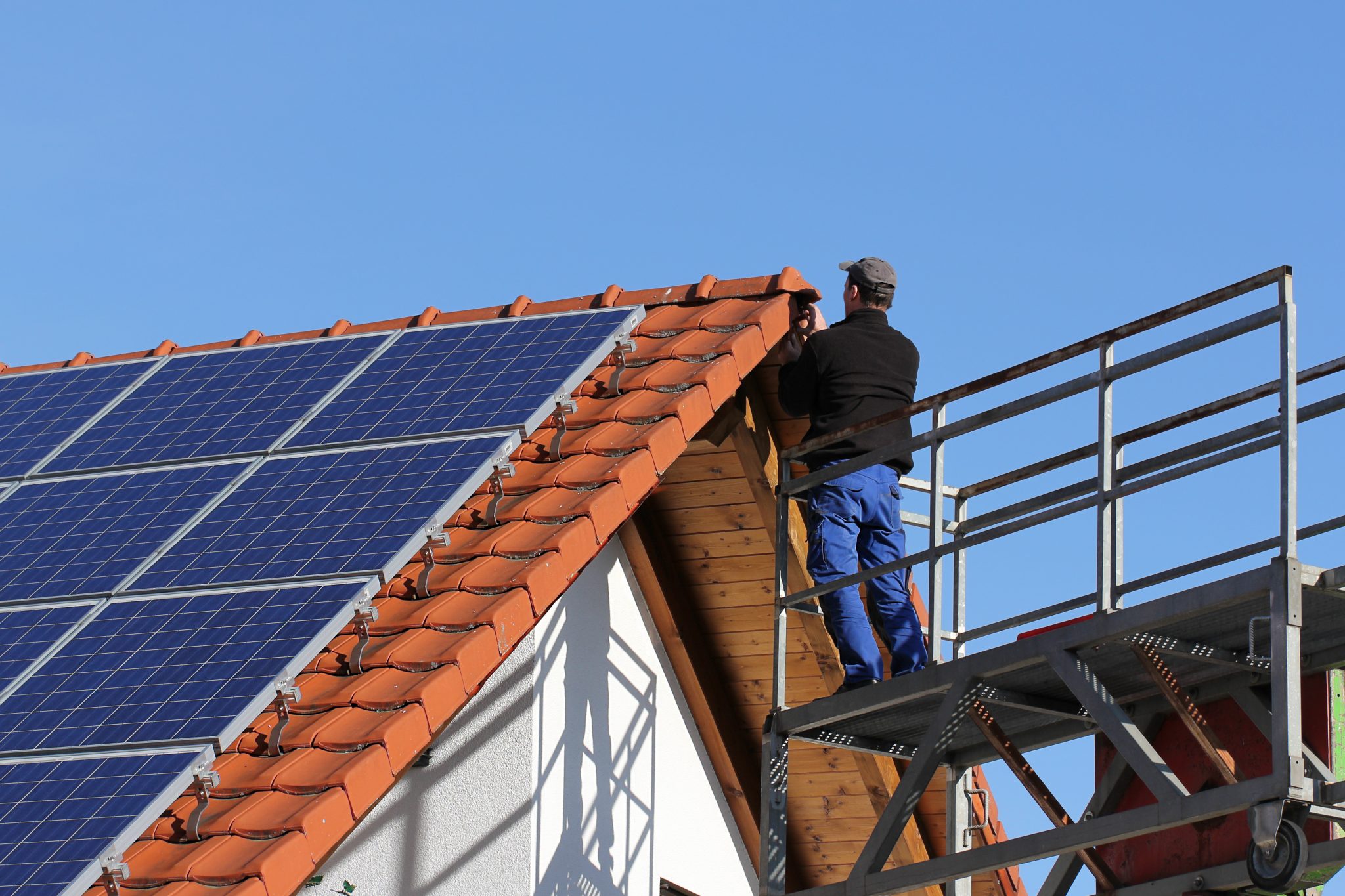
The 2022/23 financial year turned out to be a record year for the delivery of new social housing in Northern Ireland, with housing associations surpassing targets for both new starts and completed homes.
The sector built 1,449 new homes across 82 schemes, while work began on 1,956 new homes – exceeding the targets set by the Department for Communities.
New-build social housing is delivered by housing associations, which use private finance to match funding from the Department for Communities to deliver projects.
There are 20 registered housing associations in Northern Ireland, managing more than 57,000 homes, as well as providing a range of care and community support programmes.
The Social Housing Development Programme (SHDP) is managed by the Housing Executive on behalf of the Department for Communities.
There are currently more than 44,000 people on the housing waiting list, with more than 32,000 considered to be in housing stress.
The latest statistics for on social housing building are published at the same time that Northern Ireland Federation of Housing Associations (NIFHA), the representative body for housing associations, publishes its Local Government Election manifesto.
The document sets out a number of areas where locals councils can support and improve the delivery of social housing across Northern Ireland.
This includes the need to improve processing and consideration times for planning application, and working with housing associations to identify more suitable land for new social homes.
‘Much more to do’
Speaking about the new-build targets, Seamus Leheny, chief executive of NIFHA, said: “It is a remarkable achievement that housing associations have exceeded the targets for new starts and completions on homes in 2022/23, in the face of very significant economic challenges faced by the construction sector.
“The need for more new social housing is clear right across Northern Ireland, and our members are faced with the challenge of delivering new projects in tight time frames, within limited budgets, and often in the backdrop of an overburdened planning system.”
He added: “With 1,956 new starts and 1,449 completed homes, it is one of the most successful periods the sector has had in recent years.
“We are aware that there is much more to do – the housing waiting list is considerable and construction costs have risen significantly.
“What we want to see is the next social housing budget allocation matching the ambition and ability of the social housing sector to deliver on targets for new homes.
“Cuts to the housing budget at this time would be a retrograde step and would have long-term implications for how we deal with housing waiting lists.”
Leheny added that NIFHA was ready to work with elected representatives to ensure more homes can be built.
He said: “We have published NIFHA’s Local Election Manifesto, which looks at the practical way local councils can support housing associations and social housing development.
“We believe stronger partnership work can help us all improve the housing stock and build strong, successful communities, and we look forward to working to achieve this.”
NIFHA says it will distribute its local government manifesto to all political parties in advance of the 18 May election.
Image credit: Marina Lohrbach/Shutterstock
Read next: Chat GPT: How can social housing ride the new AI wave?
Are you a social housing professional? Sign up for a FREE MEMBERSHIP to upload news stories, post job vacancies, and connect with colleagues on our secure social feed.



